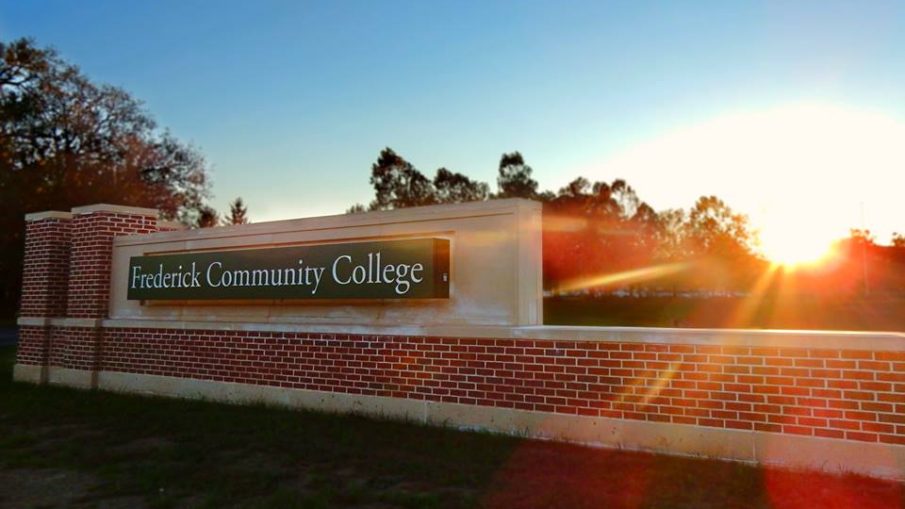By Danielle King

Frederick Community College President Elizabeth Burmaster has a passion for adult education. Back in the 1980’s, her husband was working in hard labor. At the age of 36, he entered into college to become a teacher.
“My husband and I have this very personal understanding of the difference college can make in a family, in regards to accessible and affordable education for adult students,” Burmaster said. “FCC needs to be accessible to the students so the student does not face barriers; my job is to ask the questions.”
Frederick Community College’s strategic plan prioritizes adult learning and includes a goal to. “Create targeted programs for emerging populations that address their specific needs and enhances learning.”
According to FCC’s web site, the college provides short term programs that can give adult learners reachable goals in one year. There are a total of 28 short term programs where adult learners can receive training in CNA/GNA nursing assistance, dental assistance, hospitality management certificate, and veterinary assistant.
Adult students are not limited to the short term programs. Students also have the option of pursuing an associate degree.
According to the Adult Services web page accessed through Frederick Community College’s website, “Adult Services offers information and referral to college and community resources, workshops, and special services for single parents, and displaced homemakers.”
Adult Services office is located in Annapolis Hall; the office served 534 individuals in the 2015-2016 academic years. According to Janice Brown, director of Adult Services adult students are defined by anyone who is over the age of 21 and make up 39 percent of the FCC population.
Brown says her favorite part of the job is “seeing the growth of students.”
She encourages adult students to visit the Office of Adult Services for academic guidance and resources for financial support.
Adult Services will assign the student a counselor. That counselor will help the student track out his/her college plan for success, Brown added.
“We can connect them with funding on and off the campus, and have financial assistance that is particular to our office,” Brown said. “Not only that we want to promote and advocate for all adult students.”
After getting laid off from her job, Alicia Yuris came to FCC to pursue her dreams. She said that the transition to FCC was easy and, “FCC is affordable.”
Shelli Bond, another adult student, works at Adult Services as a secretary, and says her employer supports her class schedule, which “saves a lot of time.”
Student Chrissy Pugh, a single mother of two, says she’s grateful to have found her way to FCC. “Janice and Staci are wonderful,” she says. “Adult Services has helped me with transportation fees, books, and ATI fees.”

